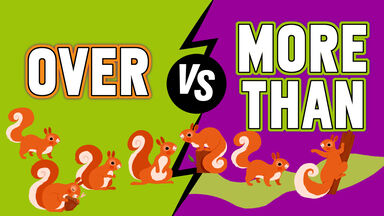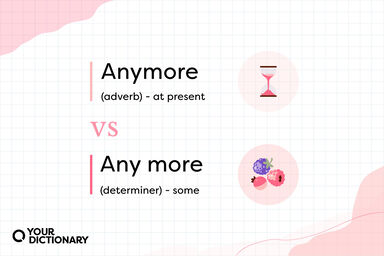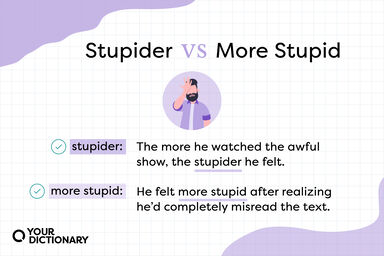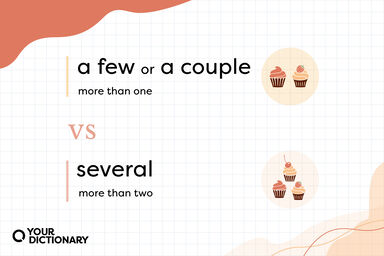More Definition
- sir thomas more
- Thomas More
- pluralness
A surname.
(now poetic) In negative constructions: any further, any longer; any more. [from 10th c.]
Comparative form of much: in greater quantity, amount, or proportion. (Used for a continuous quantity.)
To root up.
(archaic) Used to form a comparative of certain adjectives and adverbs, usually ending in -er.
Idioms, Phrasal Verbs Related to More
Origin of More
-
From Middle English more, from Old English māra (“more"), from Proto-Germanic *maizô (“more"), from Proto-Indo-European *mÄ“- (“many"). Cognate with Scots mair (“more"), West Frisian mear (“more"), Dutch meer (“more"), Low German mehr (“more"), German mehr (“more"), Danish mere (“more"), Swedish mera (“more"), Icelandic meiri, meira (“more").
From Wiktionary
-
From Middle English more, moore (“carrot, parsnip") from Old English more, moru (“carrot, parsnip") from Proto-Germanic *murhō(n), *murhijō(n) (“carrot"), from Proto-Indo-European *mork- (“edible herb, tuber"). Akin to Old Saxon moraha (“carrot"), Old High German morha, moraha (“root of a plant or tree") (German Möhre (“carrot"), Morchel (“mushroom, morel")). More at morel.
From Wiktionary
-
Middle English from Old English māra māre mē-3 in Indo-European roots
From American Heritage Dictionary of the English Language, 5th Edition
-
From Scottish Gaelic mór (“big"). Also a variant of Moore.
From Wiktionary
From Middle English moren, from the noun. See above.
From Wiktionary
From Middle English -more
From Wiktionary
Related Articles
More Is Also Mentioned In
Find Similar Words
Find similar words to more using the buttons below.





